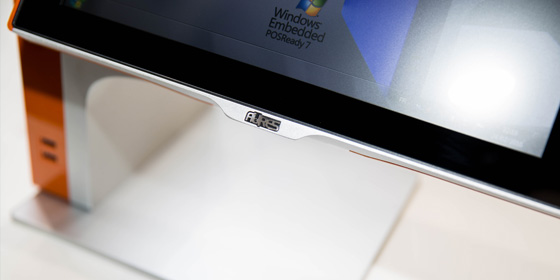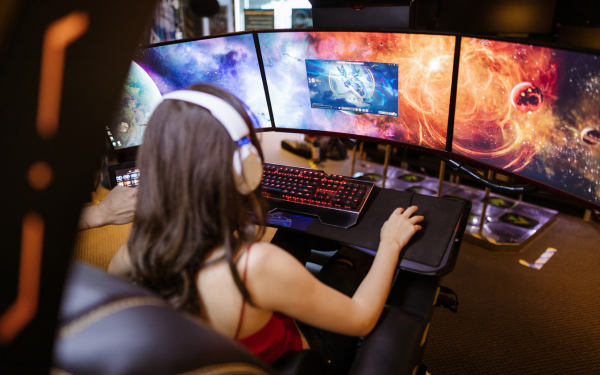Retail and video games go together like… well, do they go together? Perhaps not in most people’s minds. But that doesn’t mean they shouldn’t.
Put it this way. Video gaming is wildly popular. And that has translated into creating a wildly successful industry. Video games are played in 7 out of 10 households in the UK. In 2022, gaming accounted for 42.1% of entertainment revenues in the UK, outpacing music and video.
Retailers and brands should always be open to learning from or leveraging success in adjacent markets. So what lessons does the gaming industry have to offer? Here are three for starters.
Gaming builds communities
If you wanted to write a case study on how to build thriving online communities in the 21st Century, you could walk straight past social media and look at video gaming instead.
Gaming is no longer something people do in isolation locked away in dark bedrooms. Through platforms like Twitch and Discord, gaming is now very much a social pastime where people all over the world come together to talk and interact as they play.
These are also very powerful communities in a commercial sense. You just have to look at the number of millionaire YouTube gamers there are. They make their money from other people watching them play and talk about video games. The whole influencer trend started with gamers like PewDiePie, who ended up being named as one of the world’s most influential people by Time magazine.
It’s a phenomenon digital marketers have jumped all over. But there are broader lessons retailers, physical retailers included, can learn.
Gaming communities are very organic, ground-up entities. They coalesce around brands (the video games of choice), but there’s no hard sell, no attempt to shape or influence the group from the top. Leaders are appointed from within.
At a time when physical retailers in particular are doing a lot of soul-searching about their place in a digital world, this model of strong, dynamic, commercially influential communities organising around a hub of shared interest is fascinating.
Like gaming, shopping is viewed as a valued pastime by millions of people. Retailers are already well versed in the importance of giving their customers an experience they value and want to return to again and again. What happens if you then create opportunities for customers to come together and share those experiences?
This could be through providing physical social spaces (in-store cafes, community resources, events) or by realigning your social media strategy more towards community building than marketing. The goal is to nurture your own tribe of ultra-loyal, super-dedicated uber-customers who eventually take over much of the advocating for your business.
If video gaming has shown us anything, it’s the power of simply giving people the space to come together and talk.
Gaming creates events
When was the last time you ran a video game-themed promotion or event in your shop? Never? That’s a strange anomaly given how event-driven the world of gaming has become.
People don’t just watch gamers playing games on YouTube these days. They also flock to watch competitive gaming events. This is known as eSports. The biggest events attract global audiences in their millions, with prize funds reaching to $50m.
You may well have promos pencilled in to coincide with the Euro 2024 football tournament this year, or events to mark major film releases. What about throwing in some gaming-themed events?
Gaming is fun
Finally, the underlying fact that knits all of this together. Why has the video gaming industry become so successful? Why does it inspire huge online communities and multi-million-dollar events? Because it is fun.
So, is there anything of the ‘fun’ of video gaming that retailers can apply to the shopping experience? There sure is, and plenty do. This is known as gamification. It’s already commonplace in eCommerce and digital marketing. After all, it’s not hard to envisage how you can add video game-like elements to digital advertisements and shopping sites, with the aim of providing a touch of entertainment to engage customers.
But it’s something physical retailers can embrace, too. In one obvious sense, increased use of kiosks and digital signage around stores creates more opportunities to make digitised gaming elements available.
The key to gamification is that it should serve a business purpose, and encourage people to engage with something they might otherwise pass by. A classic example is to ‘gamify’ signing up for loyalty schemes or special offers. It’s amazing how many more people will share their email address for a chance to spin a wheel for a chance to win a prize.
If you’d like to learn more, the UK’s biggest gaming industry trade event, ICE, takes place at ExCeL London from 5-8 February. To meet up with a member of the team for a quick chat on all things AURES, please just get in touch today.
Call: 01928 599 966
Email:salesUK@advantech-aures.com




